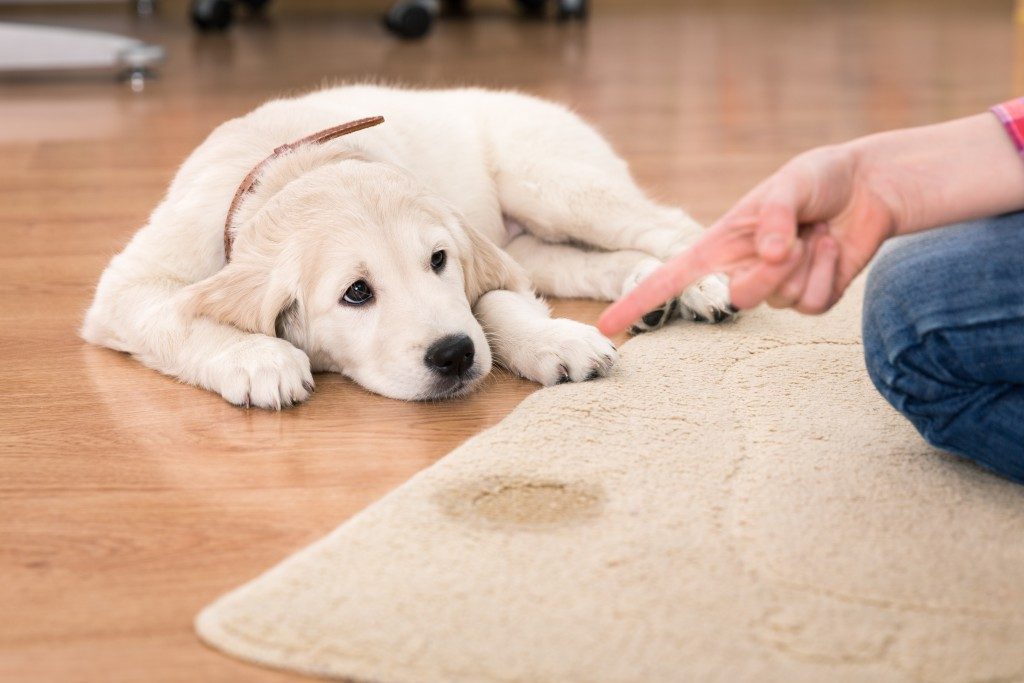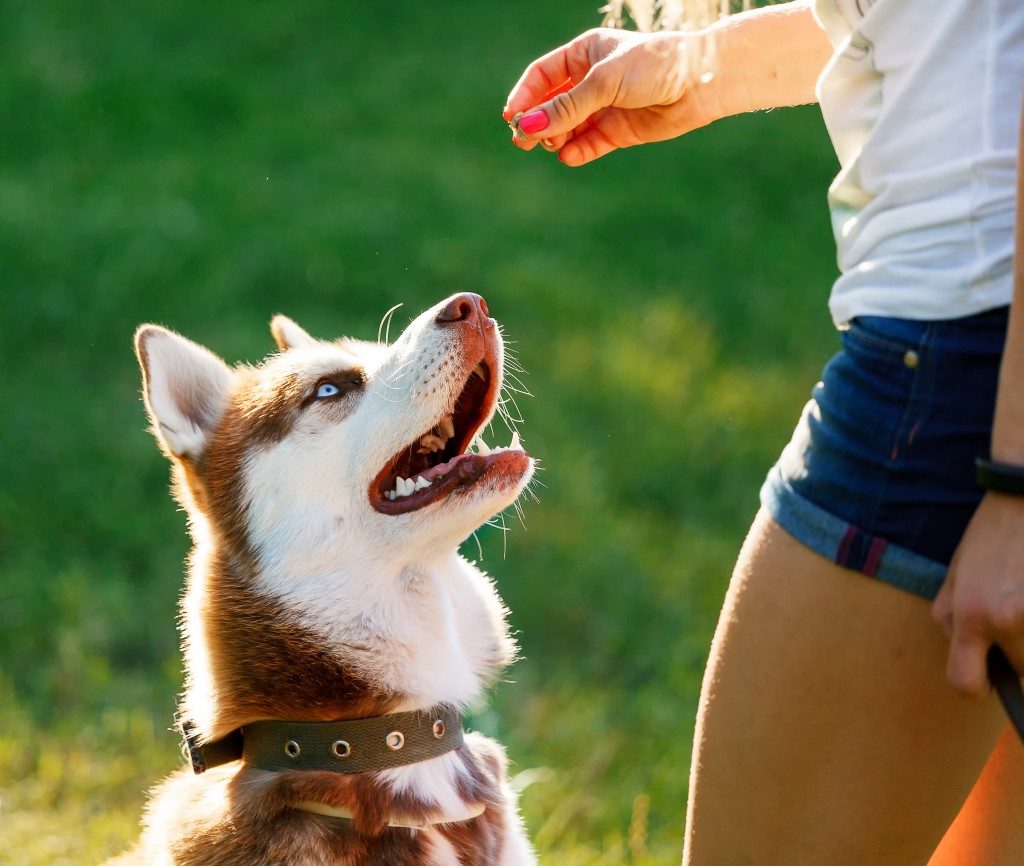Training a dog that won’t listen or even acknowledge you can be exasperating. When your dog doesn’t budge, you can end up feeling defeated, exhausted, and frustrated. But know that when a dog is stubborn, it is not usually because she’s not hardheaded or trying to test you. Often, the reason is those inherent canine behaviors aren’t the same as standard human behaviors and modifying behaviors that are natural to dogs will require effort and patience. However, this does not necessarily mean that you need to overhaul your training program completely. In some cases, small adjustments to the training approach might suffice if you have yet to seek out a dog-training expert in Utah. Start with the following:
Take It Slow
Begin by working on familiar or favorite behaviors. Forge a definite link with training by giving your dog rewards even for small successes. When you feel that your dog is comfortable with the practice, continue training her at an unhurried pace. Modify one variable during training sessions. For instance, if your dog can now sit when prompted, introduce a small distraction such as another person during sessions or a TV running in the background.
Use Commands and Cues Consistently
Consistency is key with training, so everyone in your house should work together and use the same commands and cues when teaching your dog to follow a command. Otherwise, she’ll end up confused and disheartened to follow. Rewards should also be the same.
Create a Controlled Environment
Make sure that you conduct your training sessions in places without distractions to help your pup focus better. Hide toys and other things that she might try to play with or chew. When training outside, make sure you’re in a fenced-in area or that your dog is attached to a long leash.
Avoid Punishing Your Pup

Punishing your pup will make her more anxious and undermine her trust in you. More importantly, the punishment can result in your dog being aggressive and more stubborn. Instead, employ a reward-based training approach and give your pup things she likes, such as playtime or treats whenever she responds well to your command. Likewise, instead of punishing her for undesired behaviors, redirect her to actions you want to reinforce and then give her reward when she complies. Remember that different dogs like different rewards so determine which rewards your dog responds best to when rewarding good behaviors.
Make Training a Daily Routine
Training your pup shouldn’t be a once-daily occurrence; it should be part of your routine throughout the day. To reinforce good behaviors, do multiple short training sessions, preferably when your pup is relaxed so she’ll be more receptive to your commands. This can be as simple as commanding your dog to sit when you’re hanging out in your couch and then rewarding her with a treat.
Done right, you can train even the most stubborn dog with these helpful tips. On the other hand, if you feel that your pup is displaying signs of excessive anxiety or aggression, or if you think that your approach just isn’t working, it’s best to leave her training to an expert.
